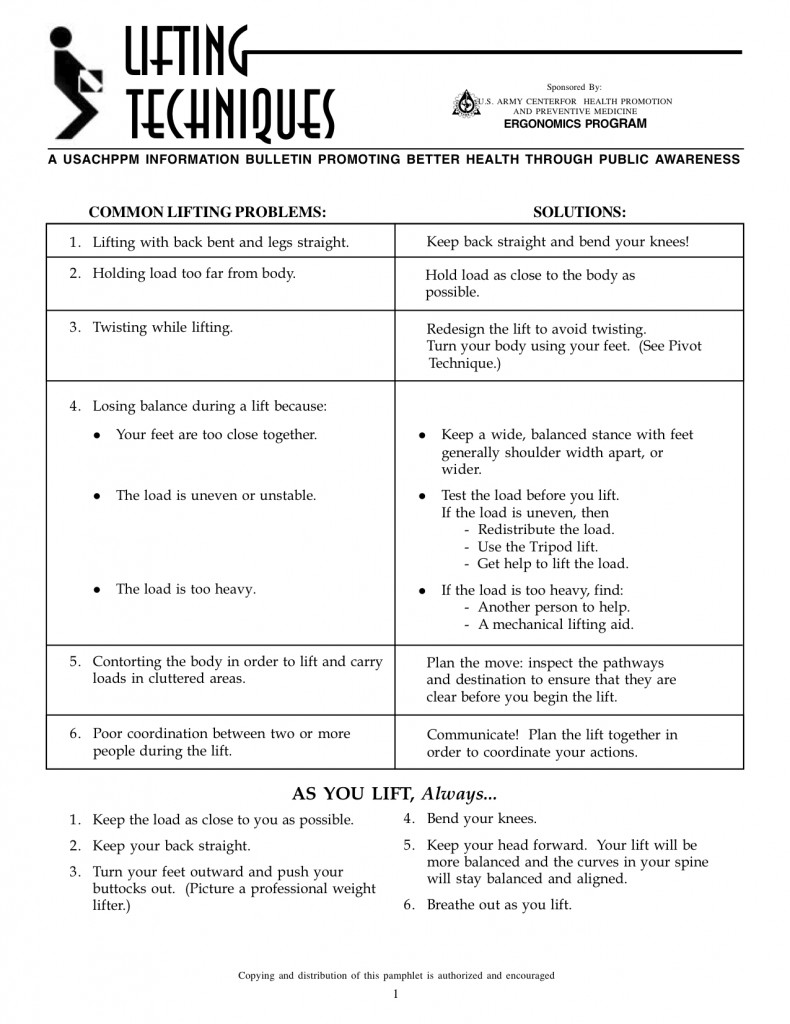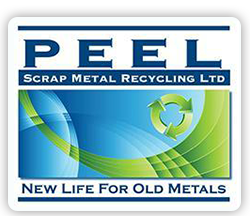Occupational Health & Safety. At Peel, It’s Job #1.
As we continue our review of occupational health and safety practices, we wanted to take this opportunity to pass on some information and tips which we feel might be helpful to our customers, many of whom work on their scrap metal in order to add value to their material.
We have weighed in on regulations in a previous blog citing the costs and other issues involved for businesses charged with the responsibility of compliance. In the case of regulations surrounding occupational health and safety, they are particularly complex and they span various jurisdictions.
Generally, the regulations governing occupational health and safety are either prescriptive or performance-based. Prescriptive regulations outline what must be done and how work is to be carried out. Performance-based regulations focus on outcomes rather than on the precise factors to be controlled or the means of controlling them.
Occupational Health & Safety Training Is A Necessary and Worthwhile Investment
At the end of the day, however, the fact is that the average cost of a lost time injury in the province of Ontario is estimated at well over $100,000.00 including the costs of re-hiring, retraining, and lost productivity. This number alone really tends to focus management attention on the importance of safe work practices. But even more importantly, everyone has a right to return home safely at the end of a work day.
While common sense is probably the best resource when it comes to safety it still pays to have a plan. If you are going to collect and/or process scrap metal, at the very least you need to ensure that you have the necessary personal protective equipment, that you know how to use this equipment, and that you know how to safely operate the tools which you will be applying to the work.
Basic personal protective equipment would include, safety glasses, safety shoes, gloves, hearing protection, masks, and a first aid kit. A hard hat and hearing protection should also be available. Occupational Health
Moreover, you need to be mindful of potentially harmful or toxic substances that you may come across. More commonly substances such as gasoline or oil in old machines and motors, refrigerants in air conditioning and cooling units, dust, fumes, and flammable or explosive hazards. scrap metal prices
Some guidelines are offered in a publication from the U. S. Department of Labour, Occupational Safety and Health Administration which can be found at:
http://www.osha.gov/Publications/OSHA3348-metal-scrap-recycling.pdf
Working Safely Also Means Reducing Physical Stresses.
Finally, there is an aspect of work that the experts call ergonomics (work laws) or more specifically, physical ergonomics. In our case, this has to do with the types of material handling and repetitive motions which are most often associated with the scrap metal industry.
One area of this applies to lifting techniques. The Ergonomics Program at the U.S. Army Center for Health Promotion and Preventative Medicine offers the following excellent guide, an example of which, we have posted here. Occupational Health

The entire lifting guide can be found at: http://www.yorku.ca/dohs/documents/armylift.pdf
A Good Training Program Helps Increase The Workplace Safety Factor.
At Peel Scrap Metal, our employees undergo training in a variety of areas. This training includes but is not limited to A: Certification on all of the machinery they drive, B: Formal training in regard to the Workplace Hazardous Material Handling System (WHMIS), and C: Training with respect to accessibility standards for customer service as required under the Accessibility for Ontarians Disabilities Act. At each of our locations, there are employees trained in first aid and CPR, spill containment procedures, and the transportation of dangerous goods. Some employees also receive advanced PMI training in regard to the use of our Niton Analyzer, a gun that determines the type and composition of the metals and alloys which we buy and sell. Occupational Health There is also specialized training on various types of equipment we use to process scrap metal. It is complex, but all of this training and effort is designed to manage and minimize risk and promote a work-safe attitude to protect the health and safety of our employees, customers, contractors and visitors to our sites. Injuries, occupational illnesses, and accidents can be prevented. Occupational Health
Industry News:
More Volatility In The Copper Market
To follow up on our blog at the end of December, the U. S. Securities and Exchange Commission has now approved the bid from Blackrock to trade shares in a physical copper exchange-traded fund. The initial size of the fund is 121,000 tons of copper as anticipated. Blackrock has said that if the fund proves successful, it will apply to increase its size within three years. http://finance.yahoo.com/news/blackrock-ishares-copper-etf-gets-201325882.html
